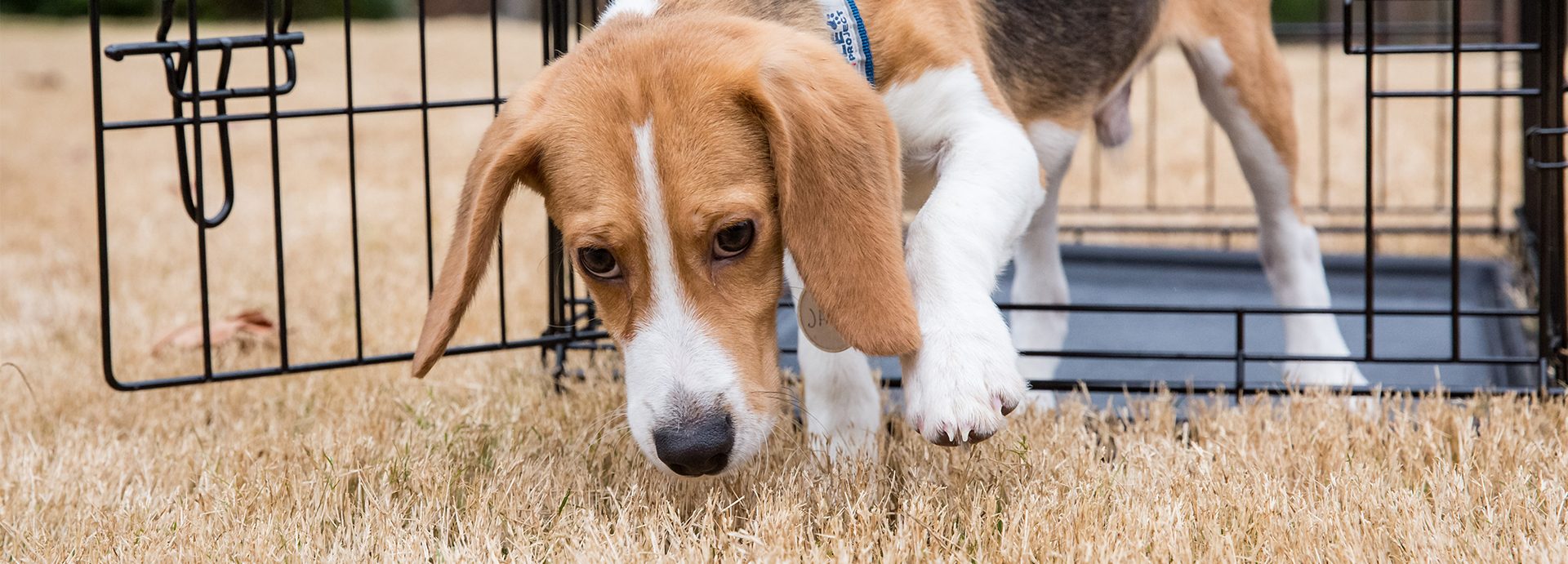The animal rights group suing the University of Missouri over an estimated $82,000 charge for researching and copying public records won a victory Friday when Circuit Judge Jeff Harris ruled the case would go to trial.
Harris rejected the university’s request that he enter a judgment in its favor and end the lawsuit by Animal Rescue Media Education, which also operates under the name the Beagle Freedom Project. The organization sued the university in 2016, charging that it had set the cost so high for its records that it effectively prevents the public from accessing public records.
“It means that the defendants told the judge that they didn’t think we had a case and the judge disagreed,” said Daniel Kolde, the attorney representing Beagle Freedom Project said Monday. “The Missouri Sunshine Law provides for open records and the bill was so high that it became prohibitive. As we have pleaded in calculating that bill, they did various things to pad it.”
The evidence-gathering phase of the lawsuit is almost complete and the organization is ready for a trial, Kolde said. The timing of a trial will be decided after coordinating a schedule with Harris, potential witnesses and the university’s attorney, he said
The Beagle Freedom Project encourages supporters to select a research dog or cat from lists it has developed on university and other research facilities, send a request for records about that animal to the agency involved and offer to adopt the animal when its research life is finished. Supporters of the Beagle Freedom Project began sending requests for records about individual animals used for research at MU in 2015, generating responses from UM System Custodian of Records Paula Barrett that the records would cost $348 to $662 to locate and copy.
The lawsuit was filed after the organization filed a request for records for all dogs and cats used in research during the previous year, totaling 179 animals. Barrett estimated it would cost $82,222 to find, compile and copy the records.
In his ruling Friday, Harris found that there are six issues that must be settled at trial, including whether “principal investigators” who cost $100 an hour or more should be the ones conducting the records search and whether the university keeps its records in a manner that inflates costs for finding and separating open and closed records.
“In addition, in denying summary judgment, the court notes that the Open Records Act shall be ‘liberally construed’ in favor of openness unless otherwise provided by law,” Harris wrote in the docket entry for his ruling.
During an Aug. 24 hearing on the university’s motion for a judgment in its favor, UM System attorney Kim Little admitted, in response to a question from Harris, that no other case has been decided on whether high cost estimates are an illegal barrier to open records.
The university declined to comment on Harris’s ruling but in a statement to the Tribune defended its record on Sunshine Law compliance.
“We take our obligations under the Sunshine Law very seriously and complete hundreds of requests every year,” spokesman Christian Basi wrote in an email. “As stewards of public resources, it’s our duty to remain transparent and accountable to the public.”
The Sunshine Law requires public agencies to design and maintain records in a way that “to the extent practicable” keeps closed and open information separate. It also requires agencies to keep open records available for inspection by the public and to provide access to requested records “as soon as possible, but in no event later than the end of the third business day following the date the request is received” unless there is “reasonable cause” to take longer.
The university, and many other public agencies, read the three-day rule to mean that is how long they have to acknowledge receipt of the request and to state how long it will take to provide the documents.
In his ruling, Harris stated that “the computation of time required to respond to requests” will be an issue at trial.
Harris will hear the evidence in a bench trial. The university could be fined up to $1,000 for knowingly violating the Sunshine Law and up to $5,000 for a purposeful violation. The law allows an award of attorney’s fees for a knowing violation and requires it for a purposeful violation.
The lawsuit is just one source of pressure on MU to end animal testing. The Physicians Committee for Responsible Medicine is pressuring the university to stop using swine to train emergency room physicians. The group called Stop Animal Exploitation NOW! asked the U.S. Department of Agriculture to fine MU in 2016 and again in May after discovering information about research animal deaths in required federal reports.
To combat the pressure, MU in June 2017 launched an effort to increase the number of former lab animals adopted as pets.
Original Article: Columbia Tribune

